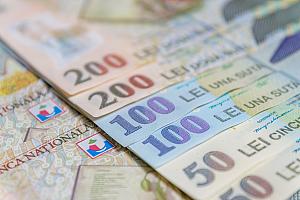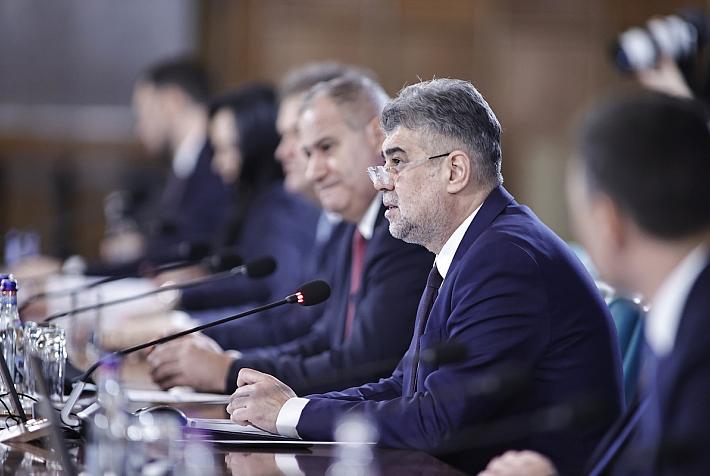Study: Half of Romanian households save monthly, cash remains a popular option

While half of Romanian households manage to save money each month, 57% of these savings are kept in cash, according to the 2024 Debt Barometer, a study conducted by IRES in partnership with KRUK Romania. The research looks at financial habits, spending priorities, and debt payments, highlighting a pressing need for economic education and tailored solutions for better budget management.
The study reveals that 10% of Romanians report struggling to cover basic necessities, while 4% say they can afford anything they desire without restrictions. Most focus on securing essential needs or a decent living without affording to buy more expensive things.
At the same time, 51% of households in Romania manage to save. The average monthly savings increased by 17% in 2024, reaching RON 1,536. Cash remains the preferred method of saving (57%), followed by current accounts (21%) and savings accounts (24%). Smaller segments invest in foreign currencies (12%), private pensions (11%), or real estate (5%).
Generational differences influence saving habits, the same study revealed. Younger individuals under 35 are more likely to use savings accounts, whereas those aged 56–65 prefer cash. Rural areas and the Moldova region exhibit the highest preference for keeping cash at home.
When it comes to emergency savings, only 20% of savers have funds set aside for unforeseen expenses that could last six months or more, while a third can cover expenses for only one month, and another third for two to three months.
According to the same IRES study, only 42% of Romanians plan their monthly budget, a slight decrease from previous years. Women and rural residents are less likely to engage in financial planning, while older individuals, especially those in southern Romania, are more diligent. Young people, however, show the least interest in budgeting.
Key financial priorities include utilities (73%), healthcare (64%), and food (62%), with lower importance placed on electronics, entertainment, and clothing.
Meanwhile, debt remains a challenge for 20% of respondents, who report delayed payments for bills, bank loans, or informal borrowing. Common reasons include health issues and insufficient income. Nonetheless, trust in banks as a source of credit has risen significantly to 71% in 2024.
The study concludes that many Romanians face challenges in managing their finances, including budgeting, saving, and preparing for unexpected expenses. Educational initiatives are essential to improve financial literacy and encourage responsible money management.
The 2024 Debt Barometer was conducted in October 2024 through CATI interviews with a nationally representative sample of 600 respondents aged 18 to 65.
irina.marica@romania-insider.com
(Photo source: Tero Vesalainen/Dreamstime.com)













